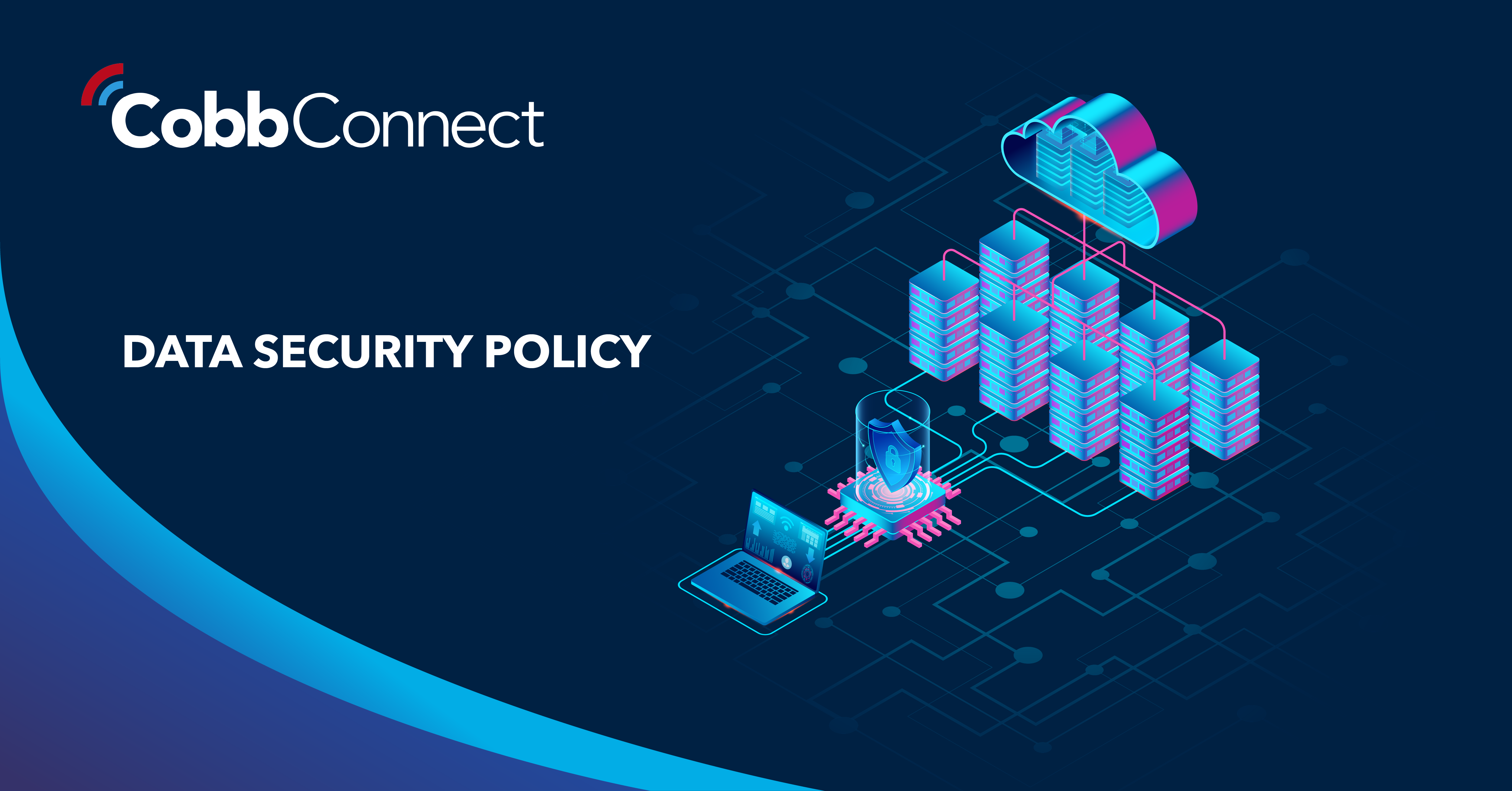2 min read
We “LOUVRE” Strong Passwords: How a Weak Password Can Lead to Big Losses
The Louvre’s password became the punchline of a global story after a heist revealed major security concerns for the museum. Reports say the password...

When we think about cloud services, we tend to gravitate towards the big three: Google Cloud, Amazon Web Services (AWS), and Microsoft Azure. But these are not the only players in the cloud services game.
Cloud computing, is much bigger than it seems. It’s not just the “files that live on the internet” trope that we tend to think of; it actually is composed of three different types of services: SaaS (Software as a Service), IaaS (Infrastructure as a Service), and PaaS (Platform as a Service).
What do those mean? Don’t worry — we’ll cover those below. What we first need to go over is the answer to the question, “Who’s the best cloud provider?”
The answer to that question is: there is none.
Due to the plethora of services that are home to the cloud, there are too many business cases to account for when determining which provider or program is the best cloud service. What you need in order to find the best cloud service for your business is knowledge of the options made available to you through the cloud.
And that’s what you’ll find below.
SOFTWARE AS A SERVICE
When we think of software, we tend not to associate it with the cloud. There are, however, plenty of software applications that live in the cloud: Google GSuite, SalesForce, Trello, Slack, and Cisco WebEx are all run in the cloud.
Now, what does “the cloud” really mean? Simply put, “the cloud” is a remote server that your device connects to, allowing it to access data and run applications. In regards to SaaS, this allows you to utilize heavy applications that could strain your local network, as well as free up your local data storage.
Since the majority of SaaS applications can be run directly through your browser, your business won’t have to worry about installing and updating programs, which reduces the strain on your local network even further.
SaaS, along with all cloud services, is completely remotely deployable, and remotely managed, making it the perfect option for a small business with little IT infrastructure. SaaS applications are updated by the provider itself, and technical issues are managed by the provider as well, meaning a small business might not even need an IT professional on their staff (especially a business that partners with a MSP).
For medium-to-large businesses, SaaS has its benefits as well: SaaS is perfect for applications that must be used on desktop and mobile devices, allowing employees to work remotely without experiencing interruption.
PLATFORM AS A SERVICE
Many businesses rely on customized solutions — whether for inventory management, or tracking of their service fleet, or any other business-specific solution — when a standard pre-packaged solution won’t provide the needed functionality.
For situations such as these, PaaS is a great option. PaaS essentially gives your business the tools it needs to create its own applications. The PaaS option is highly specialized, however — in order to make use of this cloud service, you must have developers on hand with the skills necessary to create the custom applications.
Because of this, PaaS is a great option when your business has a dedicated IT team, or is partnered with a MSP. For a small business that isn’t in the development industry, PaaS can cause more trouble than its worth — becoming both a time and money sink.
If your business requires highly customized applications, but has little budget for server storage, PaaS is a good choice. Your business will retain management of the applications themselves, but since they are interacted with through a browser, you won’t need to worry about server load and storage.
While it is necessary to have some coding knowledge, PaaS does simplify the coding process, allowing you to create faster and at scale — and some PaaS give the option for drag-and-drop design.
Examples of PaaS are Windows Azure and Google App Engine.
INFRASTRUCTURE AS A SERVICE
IaaS is the “usual” type of cloud service — that which acts like a localized server.
IaaS is undoubtably the easiest method of making use of the functionality of a server. Often, once a plan has been selected, getting your server up and running can take just a single click. If your business needs the functionality a local server brings, but requires the flexibility of the cloud, IaaS is your only choice.
There are, of course, many players in the IaaS field:
While IaaS is undoubtably the most expensive option when compared to SaaS and PaaS, IaaS will provide your business with complete control over all critical functions — from the amount of storage available, to simple scalability.
DETERMINE WHAT YOU NEED, THEN DECIDE
The best cloud service will always be different depending on the needs of your organization. By knowing what you need, and what services are available, however, you’ll always be able to find a good fit for your business.
Make sure to not limit yourself to one option either — while you may make use of IaaS like Azure, you may also need the functionality provided through a SaaS application such as SalesForce. This will help you save both deployment hassle, and money.

2 min read
The Louvre’s password became the punchline of a global story after a heist revealed major security concerns for the museum. Reports say the password...

6 min read
Organizations of all sizes handle enormous volumes of data. Data is one of the most valuable assets of any organization.Unfortunately, it’s also a...

5 min read
In today’s digital-first workplace, your network is more than just a connection point; it’s the foundation of your operations. Whether your...